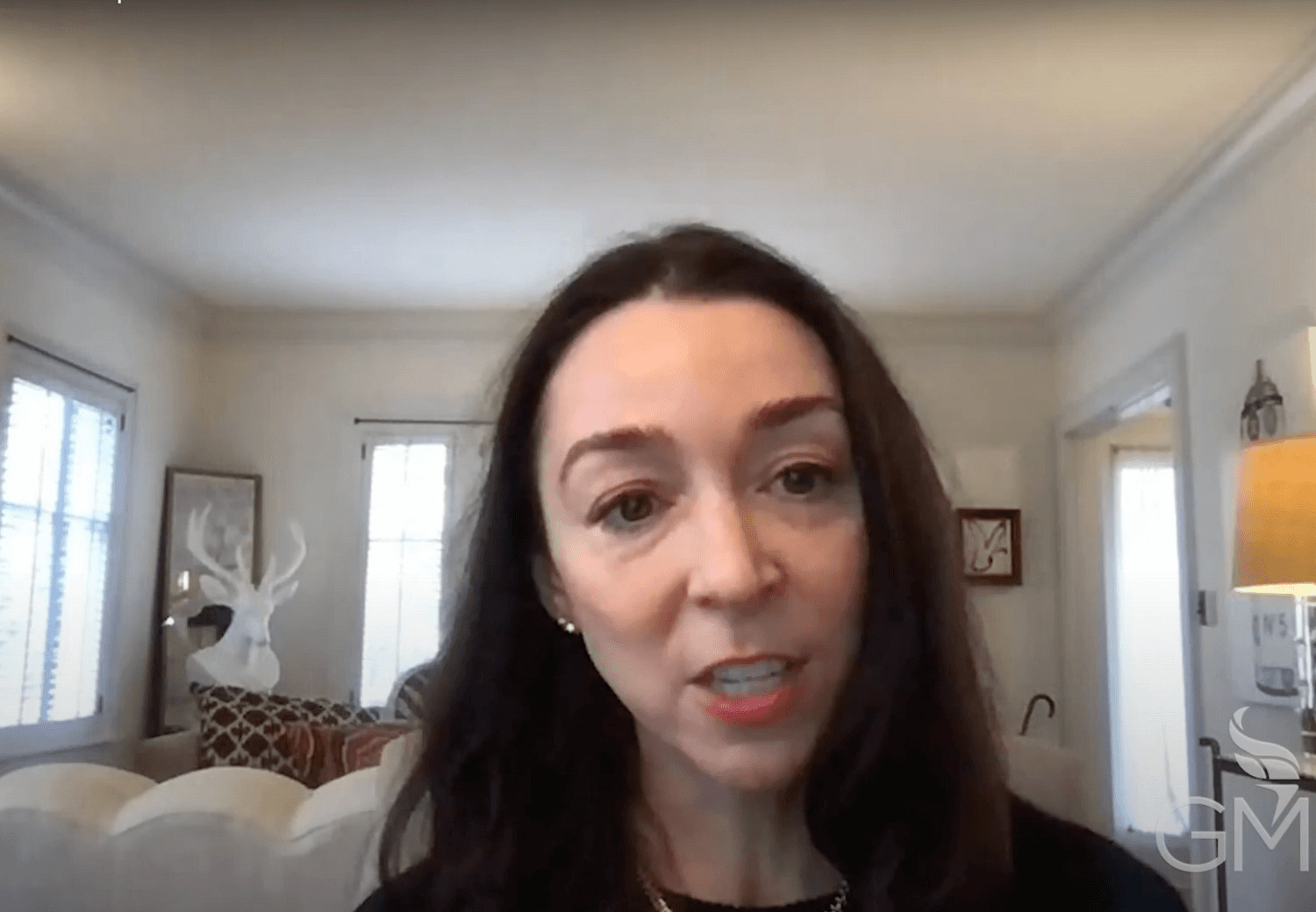Summary:
Cindy Goodrich can teach us a thing or two about how to manage stress and bounce back from setbacks. Listen to Cindy explain why resilience starts with prioritizing her physical and mental health.
Thuy
Going back to resilience for a minute. How do you define resilience?
Thuy
I would define resilience as an ability to bounce back from setbacks or an ability to bounce back from when things just maybe go off the rails a little or aren’t necessarily going your way. And as part of that resiliency, it’s also understanding as an individual how you’ll process that and how you’ll operate going forward through those situations.
And I think again, we really focus on, as part of the overall work that we do, and we actually see the improvements in resilience for our members to work with BetterUp, but we also really just take time to say, hey, are we actually doing inner work on a regular basis?
And so as a company, we have four inner work days. We actually just produced our first public inner workday where we invited anyone to join. And it’s really about creating that space to be intentional, about working on thinking about, okay, what is it that I do need to work on?
Just being intentional on giving yourself some time to process things. And I think part of being resilient is actually also making sure that as you’ve given yourself time to process things, that you’re actually then able to process it and move forward. And I think at the end of the day, resilience is really about being able to move forward.
And I think again, we really focus on, as part of the overall work that we do, and we actually see the improvements in resilience for our members to work with BetterUp, but we also really just take time to say, hey, are we actually doing inner work on a regular basis?
And so as a company, we have four inner work days. We actually just produced our first public inner workday where we invited anyone to join. And it’s really about creating that space to be intentional, about working on thinking about, okay, what is it that I do need to work on?
Just being intentional on giving yourself some time to process things. And I think part of being resilient is actually also making sure that as you’ve given yourself time to process things, that you’re actually then able to process it and move forward. And I think at the end of the day, resilience is really about being able to move forward.

Cindy Goodrich
Yeah. And for yourself, is there a particular strategy that works really well? Because I know for myself, over time, I just developed a 48-hours moping rule, which is something goes really wrong, really bad, I feel like I failed. I get to mope about it as much as I want for 24 hours, maybe even 48 hours max, but that is the max. And then I got to dust myself off and get up and get going again. Do you have something like that for yourself?
Thuy
Yeah, for me, physical activity is actually so interrelated to my physical wellness. And so, I think for me, it’s like when there are those big moments or something where it’s just like, ugh, I physically get up and I get outside and I go for a walk, and part of it is just, like, processing it.
And so it might be moping a little, it might be a little bit angry, it might be something in between. But it’s just, like, working through that and processing it and just making sure that I’m giving, you know, there is such this connection between that physicality and really understanding, like, okay, I might feel like my body’s buzzing with anxiety afterwards. And it’s like, how do you just get it out?
And so I do think that that’s a part of my practice is really just making sure that I recognize that I need that physical moment. And sometimes it will then turn into a harder workout to just really get it out and then being able to say, okay, now that we’ve worked through that…Sometimes then it’s also a matter of, you know, for me, it’s also sometimes looking at actually writing about it.
So people talk about doing journaling, and people talk about taking on different practices of that. And for me, in the writing, it’s never structured or whatever. It’s just sort of like getting it down. So part of it’s, like, getting it out of the system, whether it’s physically or through writing, and then being able to move on.
And so it might be moping a little, it might be a little bit angry, it might be something in between. But it’s just, like, working through that and processing it and just making sure that I’m giving, you know, there is such this connection between that physicality and really understanding, like, okay, I might feel like my body’s buzzing with anxiety afterwards. And it’s like, how do you just get it out?
And so I do think that that’s a part of my practice is really just making sure that I recognize that I need that physical moment. And sometimes it will then turn into a harder workout to just really get it out and then being able to say, okay, now that we’ve worked through that…Sometimes then it’s also a matter of, you know, for me, it’s also sometimes looking at actually writing about it.
So people talk about doing journaling, and people talk about taking on different practices of that. And for me, in the writing, it’s never structured or whatever. It’s just sort of like getting it down. So part of it’s, like, getting it out of the system, whether it’s physically or through writing, and then being able to move on.
Related Posts

You Can’t Please Everyone
Vy Tran learned a tough lesson as a first-time manager – you can’t please everyone. Having to “drive accountability” while also being a self-described “people pleaser” required Vy to dig deep and re-think how she communicates with her team.

Failing Forward
Failing forward is an essential skill not just at work but in life. For Vy Tran, learning from her mistakes has made her a more effective and influential leader.

